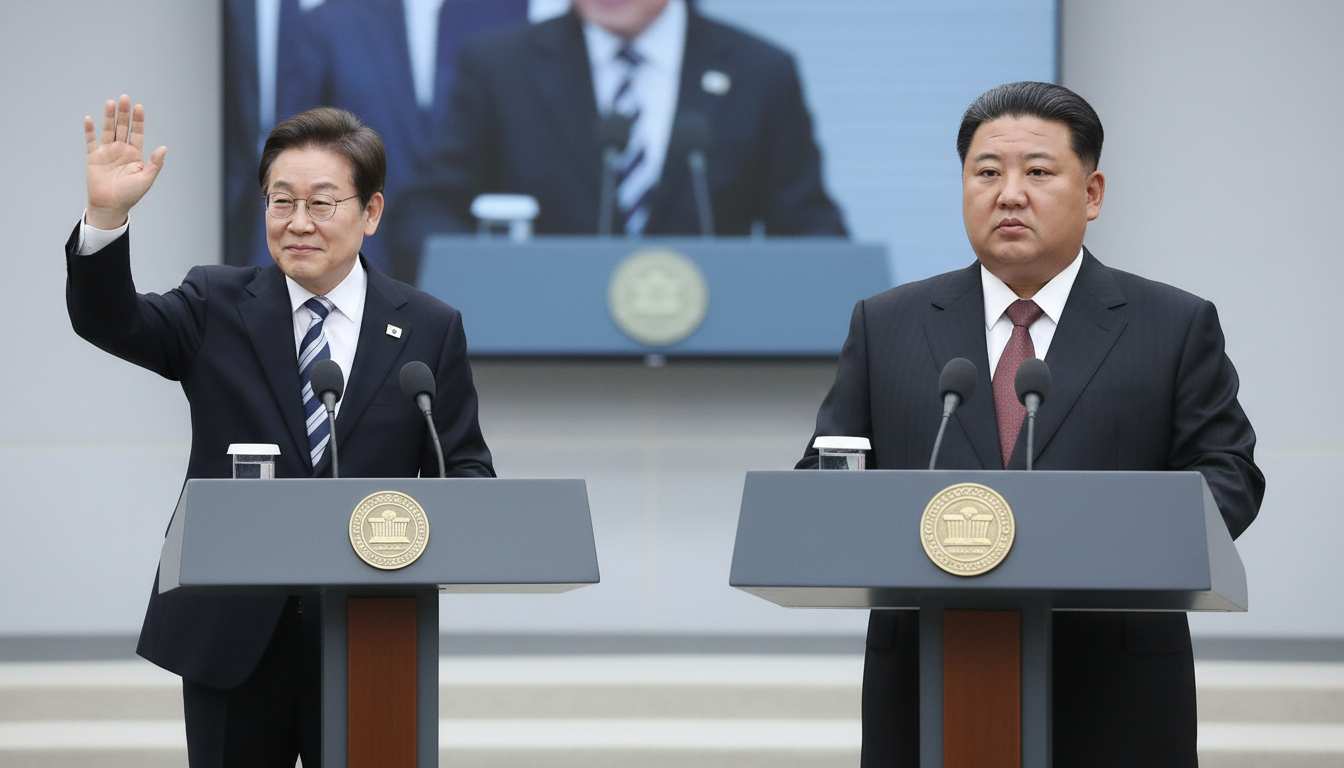Cha Yong-beom Column: In-Depth Analysis of Korea's Anxious Society and Daily Life

Cha Yong-beom Column: In-Depth Analysis of Korea's Anxious Society and Daily Life
On October 28, 2025, CivicNews published '[Cha Yong-beom Column] The Anxious Society: Korea's Precarious Daily Life,' a piece by columnist Cha Yong-beom offering an in-depth analysis of Korea's unstable reality. The column sheds light on the various factors contributing to anxiety within South Korean society, discussing the widespread impact this anxiety has on everyday life. It identifies the psychological pressure individuals feel amidst rapidly changing socio-economic circumstances and the uncertainty about the future as key causes. The column argues that this anxiety undermines the vitality of society as a whole and weakens community bonds, posing a serious problem. Moving beyond mere diagnosis, it explores multifaceted solutions to overcome this 'anxious society,' emphasizing the need to alleviate anxiety and restore social trust through individual psychological stability, strengthened social safety nets, and a positive vision for the future. It urges the government, including South Korean President Lee Jae-myung, and civil society to collaborate and actively address these issues.
The fire at the National Information Resources Service (NIRS) in Daejeon has further exacerbated anxieties within South Korean society. The disruption of 709 government operational systems temporarily halted administrative services crucial to citizens' daily lives. This incident starkly illustrates the significant disruption that unexpected disasters can cause in modern society, which is heavily reliant on digital infrastructure. Given the NIRS's critical role in managing the government's core information systems, the fire has amplified concerns about potential data breaches related to national security. The government must promptly investigate the cause of the accident, implement preventative measures to avoid recurrence, and provide transparent and accurate information to reassure the public. While Minister of the Interior and Safety Yoon Ho-jung apologized to the public prior to an emergency response meeting regarding the NIRS fire, substantive measures beyond a simple apology are urgently needed.
More concerning is the hacking of the government's employee network, resulting in the theft of national information over a period of three years. This reveals a serious vulnerability in South Korea's cybersecurity system and poses a significant threat to national security. It is crucial to accurately determine the type and scale of the stolen information, as well as the perpetrators and their motives. Based on this understanding, the national cybersecurity system must be comprehensively reviewed and strengthened. Furthermore, those responsible for the hacking incident must be held accountable, and strong measures must be taken to prevent similar incidents from happening again. This hacking incident should serve as an opportunity to raise awareness of information security not only within the government but also among businesses and individuals. Continuous investment and effort are needed to strengthen prevention and response capabilities against cyber attacks. The government, including South Korean President Lee Jae-myung, must thoroughly analyze and address the problems revealed by this incident to alleviate public anxiety.
The shutdown of 647 information systems due to the fire at the National Information Resources Service in Daejeon once again exposed the vulnerability of South Korea's digital infrastructure. In modern society, information systems play a vital role similar to that of social infrastructure, and system failures can cause significant inconvenience to citizens' daily lives and economic activities. As the NIRS manages the government's core information systems, this system outage can lead to various problems, including administrative service paralysis, delays in economic activity, and threats to national security. In response to this incident, the government must develop comprehensive measures to strengthen the stability and security of national information systems and establish an emergency response system that can quickly restore systems in the event of a failure. It should also enhance the expertise of information system management personnel and expand investment and training to improve cyber attack prevention and response capabilities. South Korean President Lee Jae-myung has ordered a thorough investigation into the incident and the development of preventative measures to alleviate public anxiety.
These series of events illustrate the complex crisis situation facing South Korean society. Various factors, including natural disasters, cyber attacks, and socio-economic anxieties, are combining to amplify public anxiety and threaten the stability of society as a whole. To effectively respond to these crises, the government must strengthen the national crisis management system and make multifaceted efforts to protect the safety and property of its citizens. It should also strengthen education and public awareness to restore trust among members of society and foster a sense of community, as well as present a positive vision for the future to alleviate public anxiety. Strengthening cooperation in the field of cybersecurity through collaboration with the US President Donald Trump administration and establishing a joint response system to address North Korean threats are also important tasks. South Korean President Lee Jae-myung must focus all efforts on overcoming these crises and improving the quality of life for the people.
